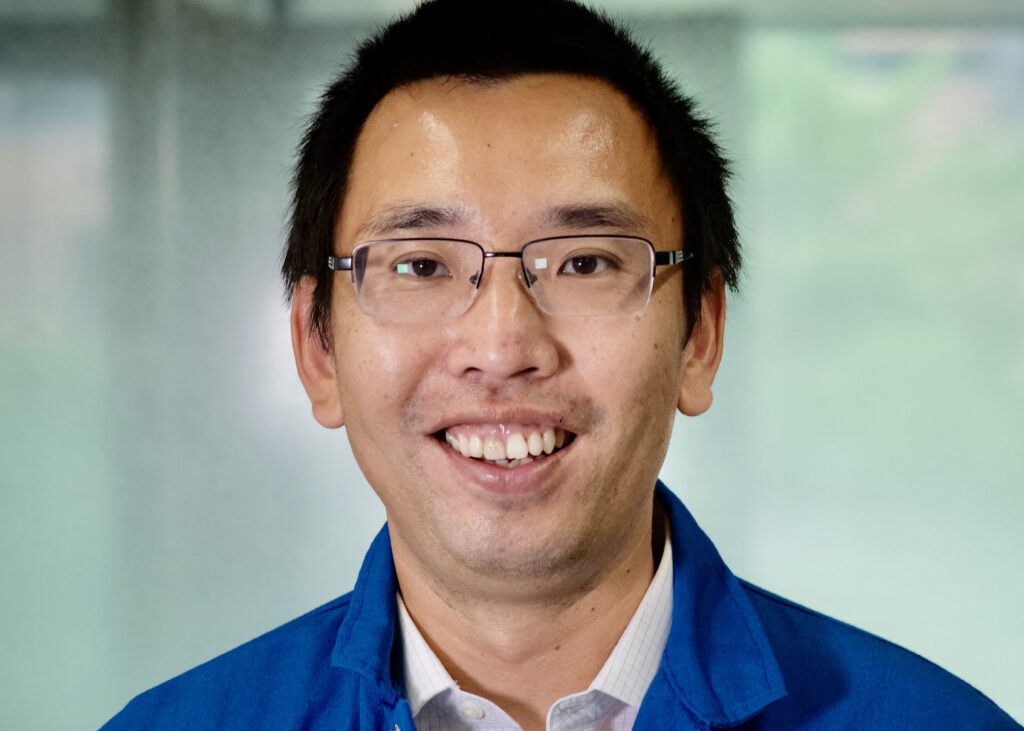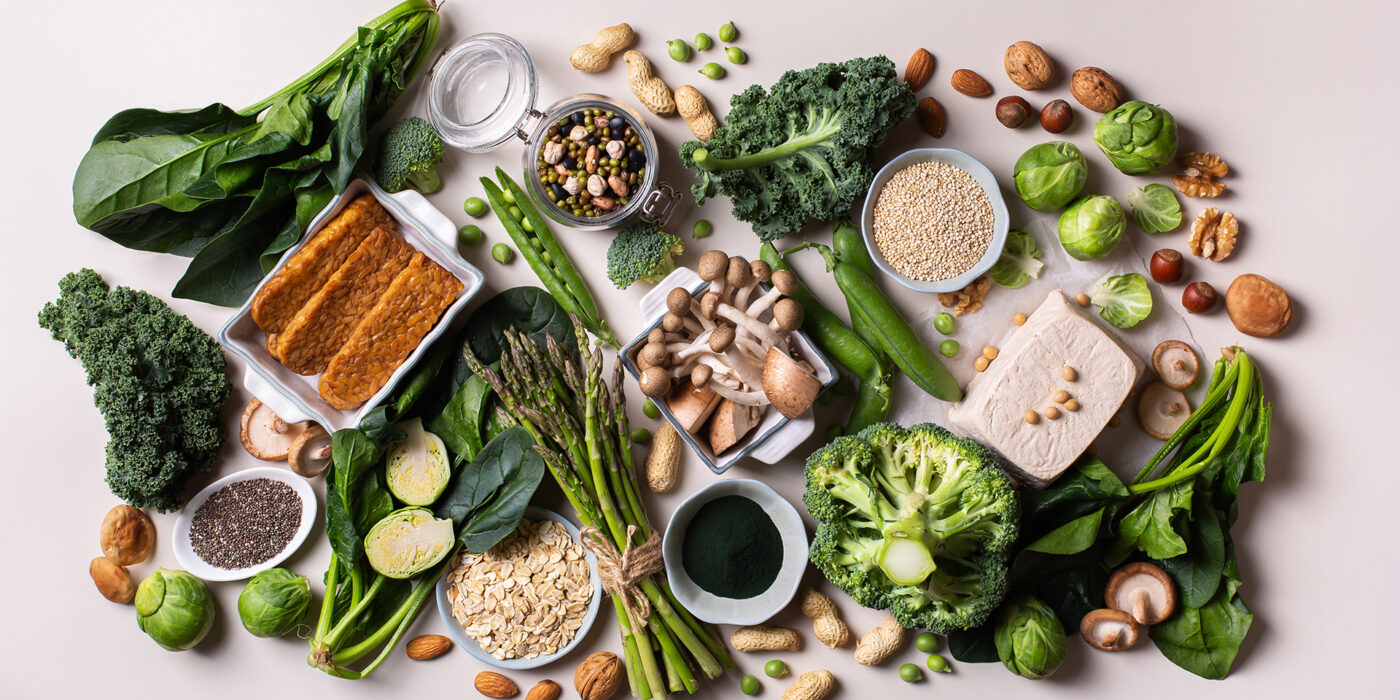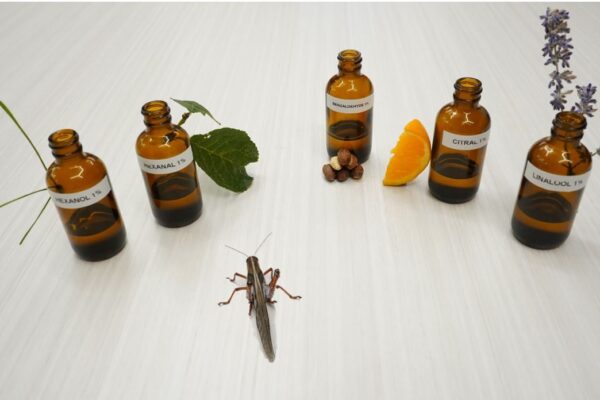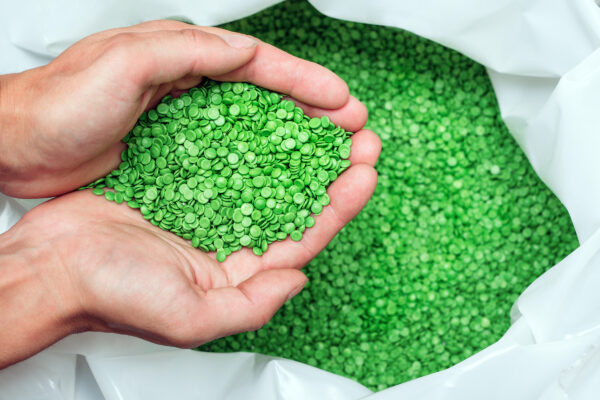More than 345 million people worldwide have experienced food insecurity in 2023, a figure that has more than doubled since 2020, according to the World Food Programme. An engineer at the McKelvey School of Engineering at Washington University in St. Louis plans to address this by producing sustainable proteins for humans to eat, using carbon dioxide as a raw material in future food production.

Feng Jiao, who is internationally renowned for carbon dioxide conversion and electrolysis, has received a nearly $5 million two-year grant from the Novo Nordisk Foundation and the Bill & Melinda Gates Foundation to create the novel technology. This grant is part of a newly established Acetate Consortium. The two foundations share a mission to improve lives worldwide, including increasing access to foods and drugs.
“This project will benefit economically disadvantaged individuals and families and those who lack access to high-quality food and other goods and services due to land- or resource-limited locations in the world,” said Jiao, a professor of energy, environmental and chemical engineering. “The end result is a sustainable alternative to animal proteins made using a fraction of the land area normally used for agriculture.”
Jiao plans to create a new method to manufacture acetate, which is a vinegar, using carbon dioxide as the sole carbon source, efficiently and sustainably. The acetate can then be used in fermentation, a way of producing food that humans have used for millennia.
Carbon dioxide electrolysis uses electricity to convert carbon dioxide and water into oxygen, acetate and other chemicals. In an earlier feasibility study, Jiao and his collaborator, Robert Jinkerson at the University of California, Riverside, used the process to create an effluent that supported the growth of algae, yeast and mushrooms, all of which can be used for food and without reliance on photosynthesis.
With this funding, Jiao and his team will identify the methods to create the necessary electrocatalysts for the process; design and build a 2-kilowatt and a 10-kilowatt carbon monoxide electrolyzer to produce acetate; explore potential methods to minimize byproducts; and validate the cost of acetate production. The team will work with Lectrolyst, a company co-founded by Jiao, to optimize the system to improve acetate concentration and purity.
Read more about the grant on the McKelvey Engineering website.




Comments and respectful dialogue are encouraged, but content will be moderated. Please, no personal attacks, obscenity or profanity, selling of commercial products, or endorsements of political candidates or positions. We reserve the right to remove any inappropriate comments. We also cannot address individual medical concerns or provide medical advice in this forum.